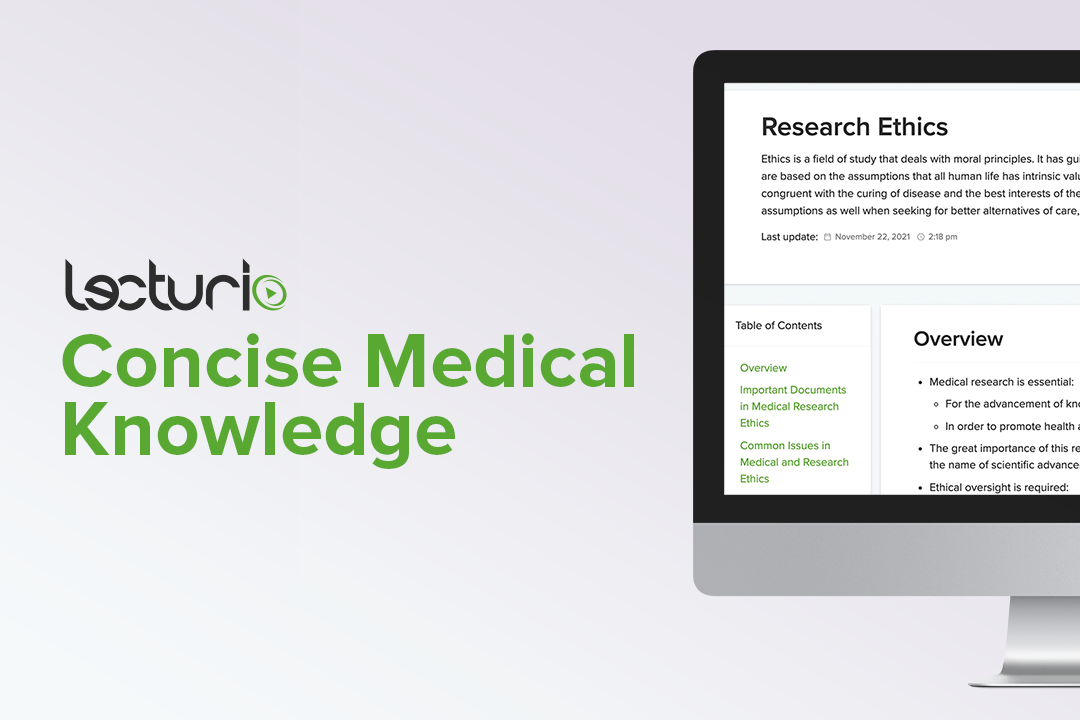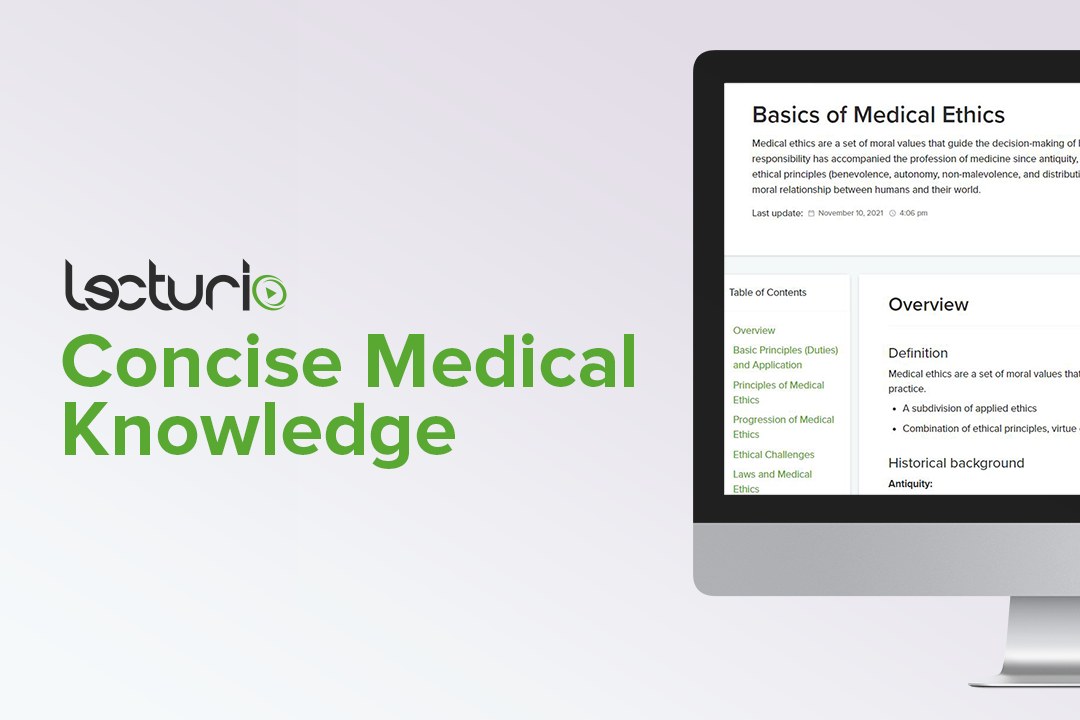Playlist
Show Playlist
Hide Playlist
Research Ethics: Introduction
-
Slides 15 ResearchEthics Epidemiology.pdf
-
Download Lecture Overview
00:01 Hello and welcome to epidemiology. In today's lecturer we're going to tackle one of my favorite topics, ethics. It's one of my favorite topics because I do a lot of research in this area, research ethics and medical ethics. So after today's lecture, you'll be familiar with some of the major historical landmarks in research ethics. There are a lot of them, we've selected a few of them for you to learn about. You'll also know the five pillars of research ethics, some people say there are five, some people say there are eight, some people say there more. You're going to learn a bunch of them and you can decide for yourself how many there actually are. You're also going to know about the role of research ethics boards. 00:35 These are the committees to whom you can submit your research projects if you're seeking approval to do research. 00:42 There are many ways to summarize the recent history of medical research ethics; here are a few key touchstones you might want to think about. The first is the Nuremberg code, which held the first acceptance that research must have as its goal to do good and not harm was first presented. There is also the declaration of Geneva and this built upon the Nuremberg code and the Hippocratic Oath, which I assume you're familiar with; to stress that medical science must not be used for bad purposes. Also there is the Belmont report, which is an American report, it's the foundational ethics document of the USA and introduces the idea of informed consent and autonomy as a core principle in research ethics. 01:19 Then there is the declaration of Helsinki, which is a foundational document that many countries rely upon for defining medical practice. It informs a lot of local medical practices in a variety of countries and builds upon the Belmont report.
About the Lecture
The lecture Research Ethics: Introduction by Raywat Deonandan, PhD is from the course Research Ethics.
Included Quiz Questions
Which of the following statement does NOT relate to the study of research ethics?
- Only target vulnerable groups
- Identifies the actions that researchers must take to conduct responsible and moral research
- Respect human dignity and confidentiality
- Follow a set of principles that defines how to behave in a morally correct way
- Ensure that the participants have the informed consent
Customer reviews
5,0 of 5 stars
| 5 Stars |
|
5 |
| 4 Stars |
|
0 |
| 3 Stars |
|
0 |
| 2 Stars |
|
0 |
| 1 Star |
|
0 |





